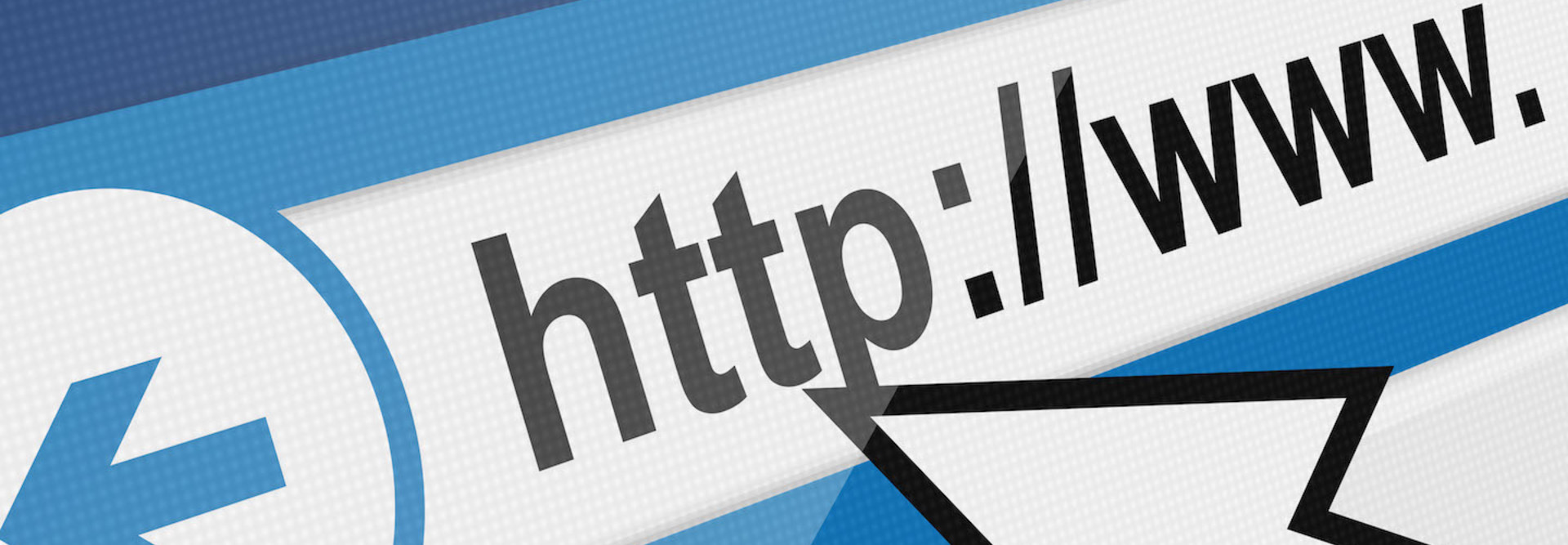3 Ways a Net Neutrality Repeal Might Impact Universities
While college students might love Netflix (and use quite a bit of bandwidth to access it), university connectivity is constantly being updated to keep pace with the academic demands for better internet.
As online programs expand and students clamor for more digital tools, what will the recent repeal of net neutrality — the regulations making internet service providers treat all content the same way — mean for universities?
Experts on TechCrunch indicate that the government will likely make very little movement on rolling out these new rules any time soon and congressional action could reverse the repeal entirely.
In the meantime, however, higher education leaders have weighed in on how a net neutrality repeal could impact faculty and students at universities.
1. Technology that Increases Access Hits the Slow Lane
Innovations in videoconferencing and lecture capture technologies have allowed universities to provide flexible learning experiences to students no matter their location. However, if internet service providers are allowed to create “fast lanes” and “slow lanes” of access, experts worry these learning experiences will be in jeopardy.
“Killing net neutrality will throw us back to the Dark Ages,” says Mike Caulfield, director of blended and networked learning at Washington State University Vancouver, in a Wired article. “And the people that [it] is likely to hurt most are actually rural populations that don’t have face-to-face access to things like nursing programs.”
Caulfield also tells Wired that “slow lanes” of internet access could make it difficult for students to access cloud software or applications without hitting data caps.
2. Inhibit Ability to Research and Access Materials
Long before the Federal Communication Commission’s Dec. 14 vote on net neutrality, a group of national organizations for higher education institutions and libraries submitted a 40-page commentary to the FCC explaining how a repeal would hurt universities, eCampus News reports.
“Institutions of higher education and libraries depend upon an open internet to carry out their educational and civic missions, and to serve their communities,” reads the commentary.
Randy Roberts, the dean of library services at Pittsburg State University in Kansas, tells eCampus News that “almost everything” relies on the internet in higher education. Students use it for research, to take courses and turn in assignments while faculty use it for research and to create lesson plans. Roberts says his library needs it to archive and preserve materials. Slower internet could inhibit research and access to library resources.
3. Increased Costs Without Increased Educational Experiences
With increased costs associated with “fast lanes” of service, experts have noted that the already high cost of attending a university might see a bump without net neutrality.
“A large portion of what we do will become more expensive, most likely significantly so,” writes Terry W. Hartle, senior vice president of government and public affairs at the American Coucil on Education (ACE) and Jonathan Fansmith, director of government relations at ACE, in The Washington Post. “Those costs can’t simply be swallowed by schools, so they will be passed on to students and their families without any additional benefit provided to them.”
In fact, Hartle and Fansmith express concern that slower internet access would actually degrade the quality of education offered for a higher cost.
“Students will have a harder time taking exams or watching high-bandwidth feeds of lectures or events online,” Hartle and Fansmith write in The Post. “Faculty will see their ability to work outside their school made more difficult, slowing research. And the public will face increasing limits on how they can access the range of information and services campuses provide to their communities.”









